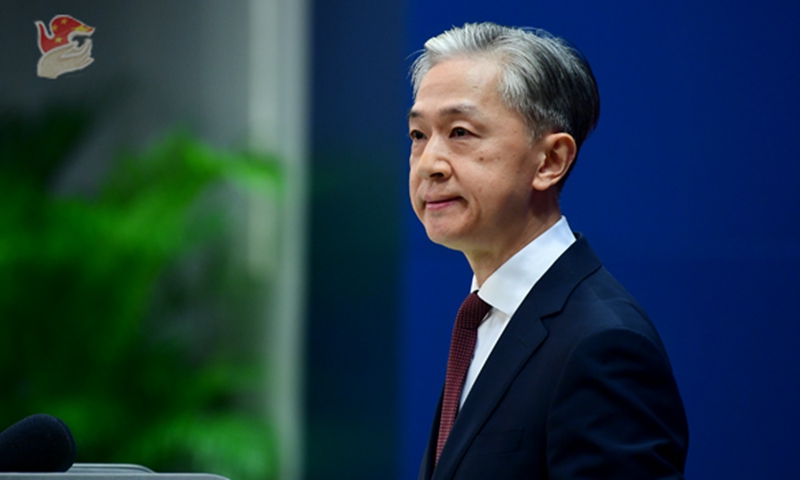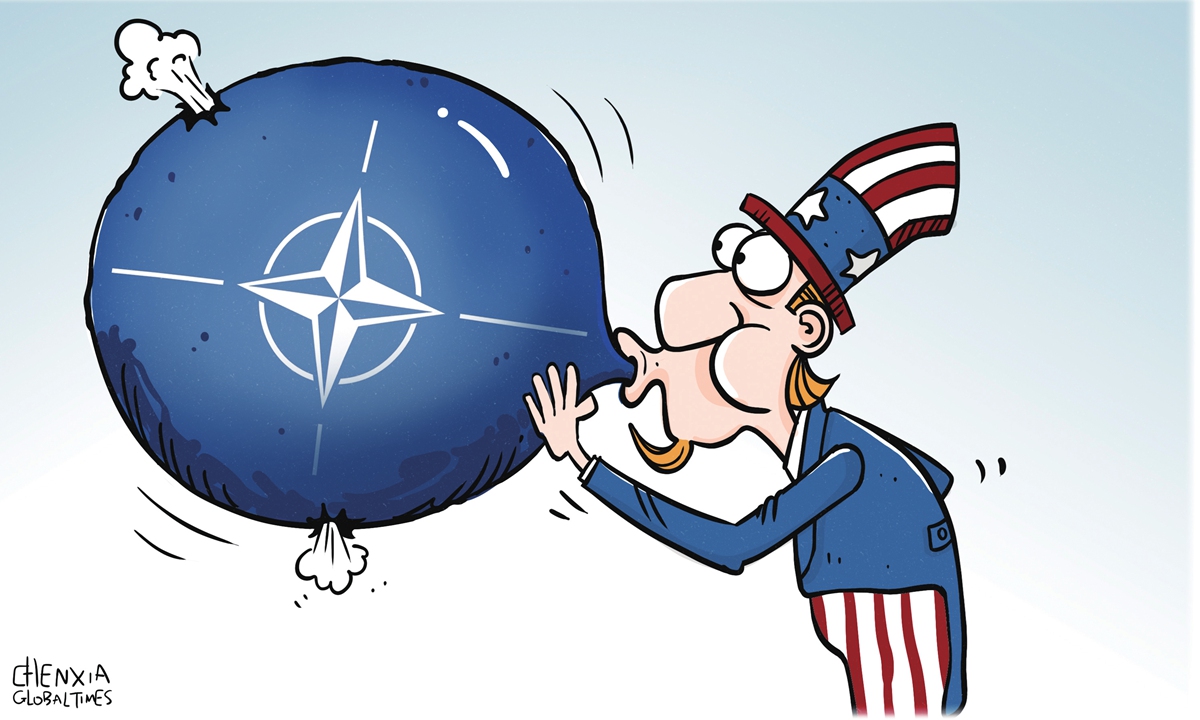TOKYO: The weekend gathering of finance chiefs from the Group of Seven (G7) advanced economies leaves signs that the world’s second-largest economy will loom large at this week’s summit in Hiroshima.
Efforts to grapple with China’s growing global presence were evident at the three-day G7 finance chiefs’ gathering in Niigata, Japan, during which they held their first outreach in 14 years, aimed at winning over emerging nations.
The meeting with Brazil, the Comoros, India, Indonesia, Singapore and South Korea primarily tackled issues such as debt and high-level infrastructure investment, in a tacit counter to China’s Belt and Road initiative, according to analysts.
“What’s going on at the G7 is reflecting changes in global order following the loss of the US dominance,” said Masamichi Adachi, economist at UBS Securities.
“No one is being able to draw up a grand design with shifting of power.”
G7 host Japan persuaded its G7 counterparts to launch a new programme by the end of 2023 to diversify supply chains for strategically important goods away from China.
The G7 comprises the United States, Britain, France, Japan, Italy, Germany and Canada. But the finance chiefs’ closing communique did not mention a US-proposed idea for narrow restrictions on investment to China, a potential rift among the grouping on how far they should go in pressuring Beijing.
A Japanese finance ministry official at the gathering, who declined to be named because of he sensitivity of the matter, said the idea was discussed in Niigata, but declined to elaborate.
China is among the biggest markets for most G7 countries, particularly for export-reliant economies such as Japan and Germany.
China-bound exports account for 22% of Japan’s overall shipments. Japan and the United States want to try to win over countries, including those in the Global South, with promises of foreign direct investment and aid, analysts said. — Reuters
Related
Japan, as G7 presidency, urged not be accomplice, accessory to economic coercion: FM
Japan, which holds the G7 presidency this year, is urged not to be an accomplice and accessory to economic coercion, and G7 countries should demand that the US stop splitting the world into two markets, which is the primary threat to the global economy, Wang Wenbin, a spokesperson of China's Foreign Ministry, told a press conference on Monday.
China's rising clout spotlighted at finance chief meetings ...
As Liz Truss visits Taiwan island, London has had a 'bad teammate': Global Times editorial
Through her embarrassing political performance, Truss has shown many British people that being tough against China and provoking China not only did not help solve internal problems in the UK, but also further increased the difficulty of solving them.
Related posts:
G7 to raise US$600bil PGII to counter China’s initiative met with skepticism, mockery
NATO’s expansion stumbles as members calculate costs
Chinese modernization leads to Age of Great Majority: Martin Jacques






